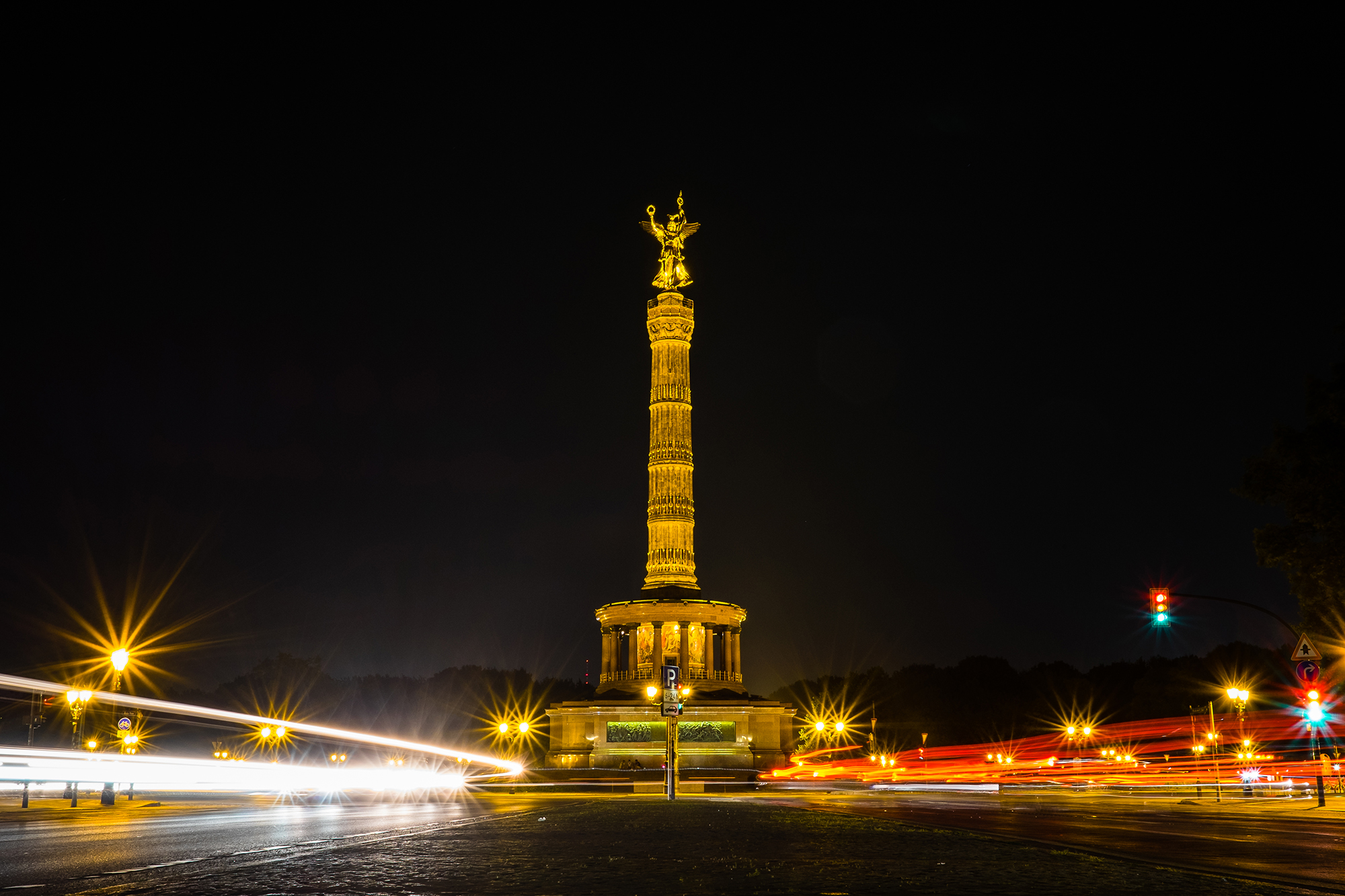One of the most frequently studied periods of history is the era surrounding and involving the Second World War. It retains a fascination that has never fully waned, seen in countless documentaries, historical monographs, movies, novels, comic books and even video games. The term Nazi has become interchangeable with villain and almost anyone can identify the aesthetic and iconography of the Nazi regime. Additionally, this era has left the world with questions that are still being grappled with. How did the Nazis manage to rise to power? Was a global conflict inevitable? How could an event as horrific as the Holocaust come about? Those, among countless other questions, continue to hold the attention not just of academics, but of vast swaths of the population.
Among those questions, the issue of what beliefs the Nazi regime actually stood for and how it convinced Germans – as well as citizens abroad – to support those ideas, remains central. And vital to that question is the issue of how the Nazis were able to systematically capture, subvert and dismantle the culture, society, and legal apparatus of Germany, from beer halls to the halls of government, which frequently endorsed and supported Nazi actions that would have been considered illegal or inconceivable scant years or even months earlier. This intersection of law and lawlessness is a fascinating one and a question that has taken on more relevance today than at any point since the guns of war fell silent.
Central to all of these issues is the German capital of Berlin, the seat of the government the Nazis took control of and the capital of their proposed thousand-year empire. During Fall 2022 we will look deeper into the questions surrounding fascism and Nazism on campus, and then in Winter Break 2022-23 we will look closer at how German history, culture and jurisprudence interacted with the Nazi regime on site in Berlin. This study abroad program will look deeply at that intersection of law and lawlessness and ask questions that are relevant not only to understanding the world that the Nazis inhabited, but our modern world as well. Far-right political movements have gained more influence today than they have in years and the lessons of Weimar Germany and the Nazi era seem both closer and more distant than ever before.
